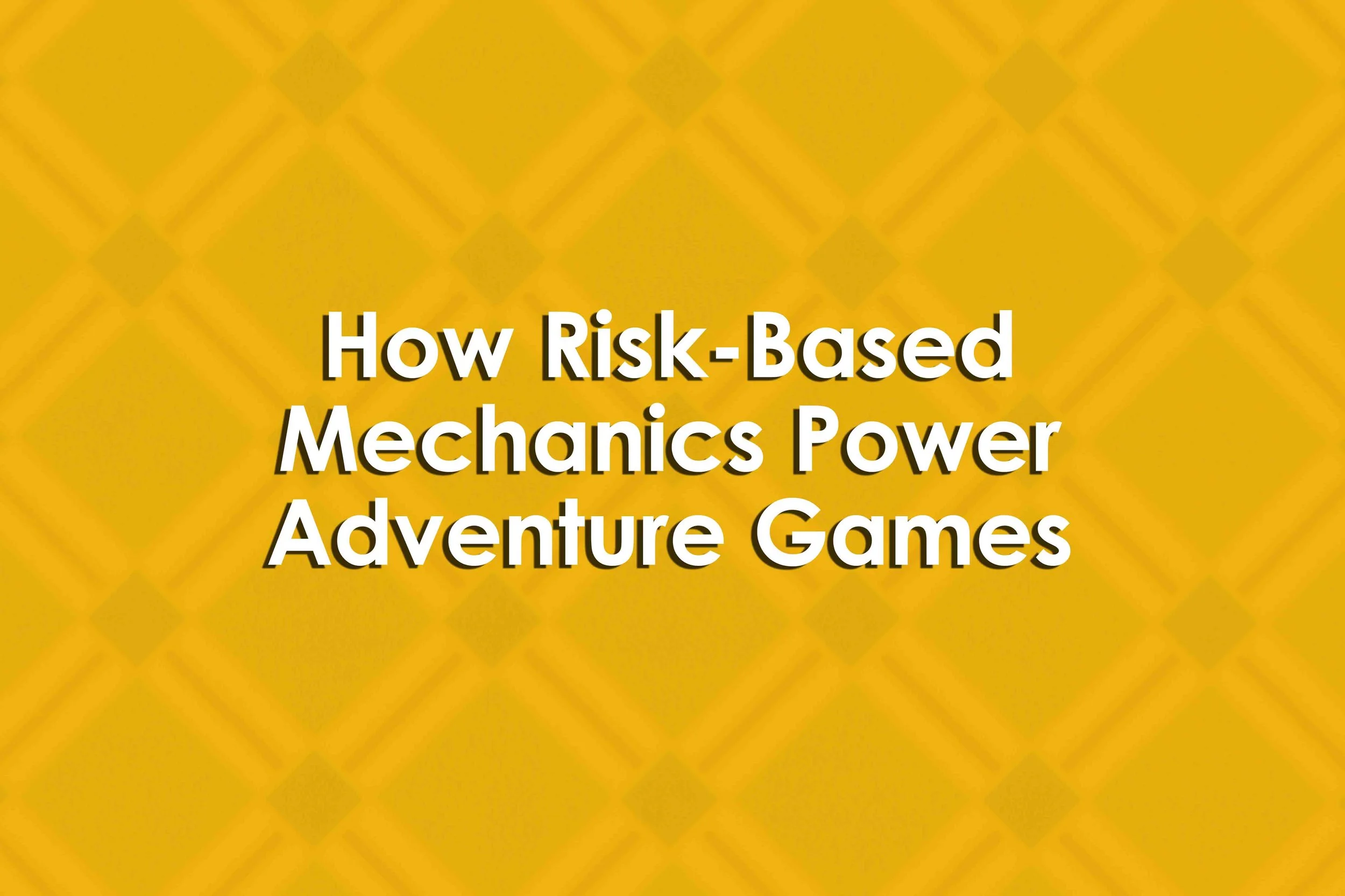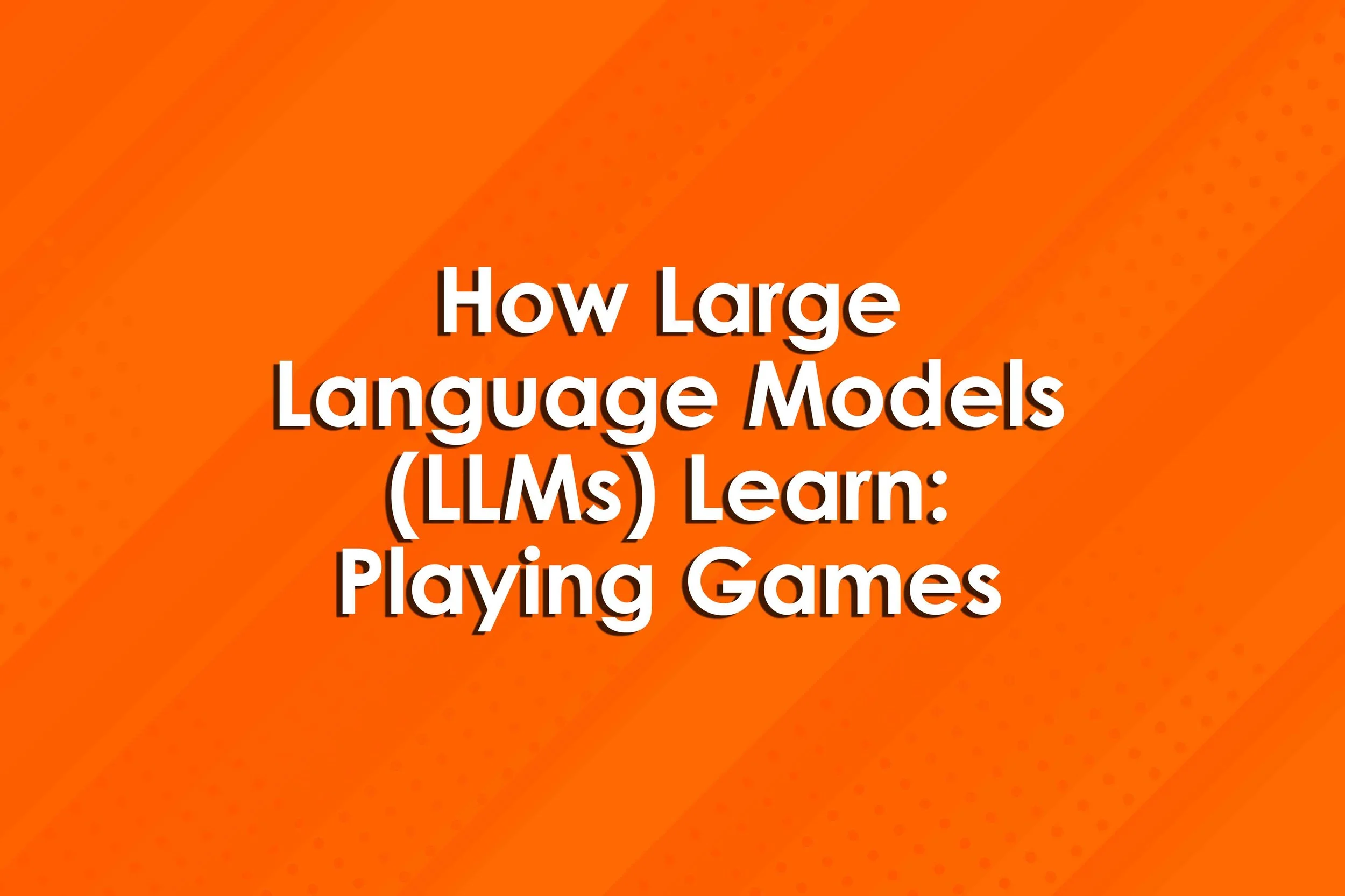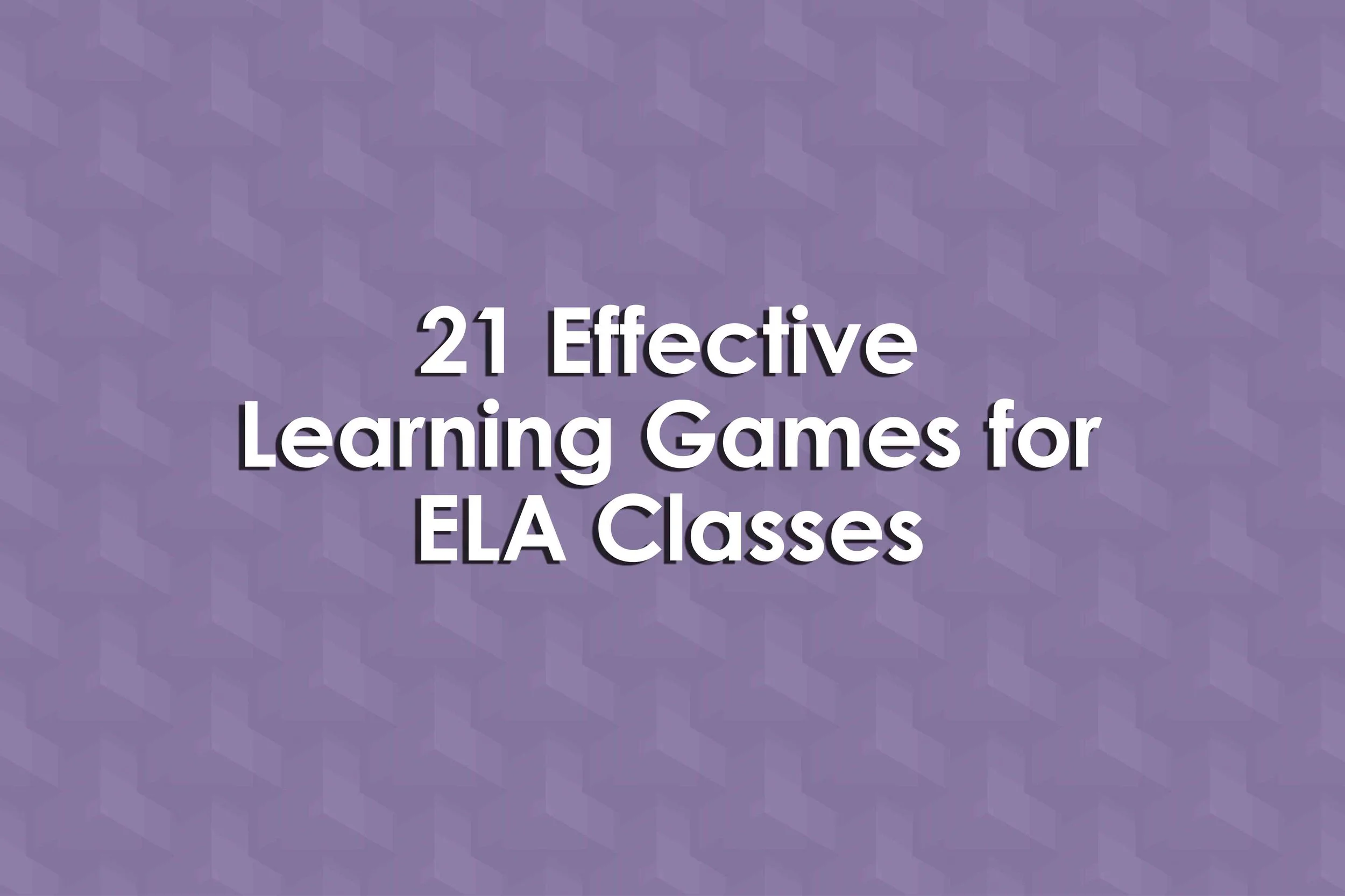Two educators from the NSW Department of Education are using gamification to enhance student engagement and learning. Kelly Pfeiffer created Eco Detectives, a Minecraft-based game that teaches environmental conservation through interactive virtual ecosystems.
Read MoreAdventure games thrive on uncertainty, using chance-based mechanics like dice, cards, and calculated risks to deepen storytelling and immerse players in high-stakes worlds. These elements aren’t mere mini-games—they mirror the spirit of the game, from pirates gambling at sea to cowboys risking it all in saloons.
Read MoreIn 2024, the U.S. State Department offered funding for games that build resilience against disinformation, reflecting a growing trend of using gamification to combat fake news. Games like Bad News, Fakey, and Breaking Harmony Square train players to recognize misinformation techniques by simulating the role of a propagandist.
Read MoreThis article offers a friendly, high-level overview of how Large Language Models (LLMs) like ChatGPT learn. LLMs are statistical models trained on vast amounts of text data, including books, websites, and user content, to understand and generate human-like language.
Read MoreGreat video games blend plot, playability, visuals, and music to stand out among thousands released annually. Only a few make top lists, thanks to skilled designers often trained at leading universities. Abertay University excels with cutting-edge programmes like the MSc in Technical Art and the MProf in Games Development, producing grads who land roles at major studios.
Read MoreAs the holiday season ends and people return to work, serious board games are emerging as effective tools for professional training. Used in fields like healthcare, finance, and emergency services, these games promote real-time decision-making and skill development.
Read MoreInk is a visually stunning RPG with a haunting setting of spirits navigating a shadowy purgatory. Its black-and-white art captures both beauty and darkness, showcasing the creators’ artistic talent. However, the game itself suffers from poor design and lack of polish.
Read MoreThis collection of 21 classroom-ready games offers upper elementary students fun, hands-on ways to build vocabulary, grammar, reading, speaking, and listening skills. Activities like A to Z scavenger hunts, Synonym BINGO, and Word Jar promote word exploration, while games like Sentence Scramble and Verb Charades reinforce grammar concepts.
Read MoreGame-Based Learning is revolutionizing secondary education by blending interactive play with academic content to boost student motivation, engagement, and retention. This approach fosters critical thinking, teamwork, and creativity, especially helpful for tackling complex subjects.
Read MoreSerious board games are increasingly used in education and professional training to simulate real-life challenges in areas like healthcare, housing, and social work. These games foster collaboration, communication, and decision-making in a safe, interactive setting.
Read MoreIn 1822, The Travellers’ Tour Through the United States became the first known board game printed in the U.S., predating the previously believed The Mansion of Happiness.
Read MoreSet for release in January 2025, 2045 is a new board game by Taiwan’s Mizo Games, placing players in a fictional scenario 10 days before a Chinese invasion of Taiwan. Featuring roles like soldiers, sleeper agents, and civilians, the game aims to engage players in the complexities of war and national defense.
Read MoreGeneBlocks is a serious board game developed by Malaysian researchers to make genetics education more engaging and accessible. Designed for high school and undergraduate students, it uses gamification to teach complex genetic concepts like DNA replication and gene expression through interactive gameplay.
Read MoreAI has revolutionized educational games, making them more engaging, adaptive, and effective. Math AI uses algorithms to analyze data, personalize content, and create dynamic challenges based on a learner’s abilities. It blends procedural generation, storytelling, and interactive visuals to make math concepts vivid and relevant.
Read MoreSerious games, which use fun elements like challenges, goals, and rewards, are being used across sectors—healthcare, education, military, and more—to educate, train, and promote behavior change. Unlike games made purely for entertainment, serious games aim to teach skills, raise awareness, and inspire action.
Read MoreAt the Calcalist Gaming Conference, Yael Hakshurian, head of practical studies at Kibbutzim College’s School of Design, presented two educational game projects developed in response to the October 7 events.
Read MoreBoard games have become hugely popular in France, making it the leading European market for tabletop gaming. This boom is fueled by a strong cultural tradition, a dynamic creative industry, and widespread social engagement.
Read MoreHaven Academy is an interactive role-playing game developed by UChicago students and faculty to introduce incoming undergraduates to university life, the Core curriculum, and the Chicago Principles of free expression. Set across five fictional islands representing academic disciplines, the game combines storytelling, puzzles, and collaborative problem-solving to foster open discourse and critical thinking.
Read MoreThe University at Albany is launching two new programs in Fall 2025—a B.S. in Game Design and Development and an M.S. in Strategic Game Design and Applied Development—aimed at preparing students for careers in the growing gaming industry.
Read MoreThe music industry's competitive culture has evolved, with fandoms now playing a significant role in influencing an artist's success. In the past, fans mainly supported their favorite artists, but today, they manipulate streaming data, chart rankings, and sales to boost their idols' visibility.
Read More




















